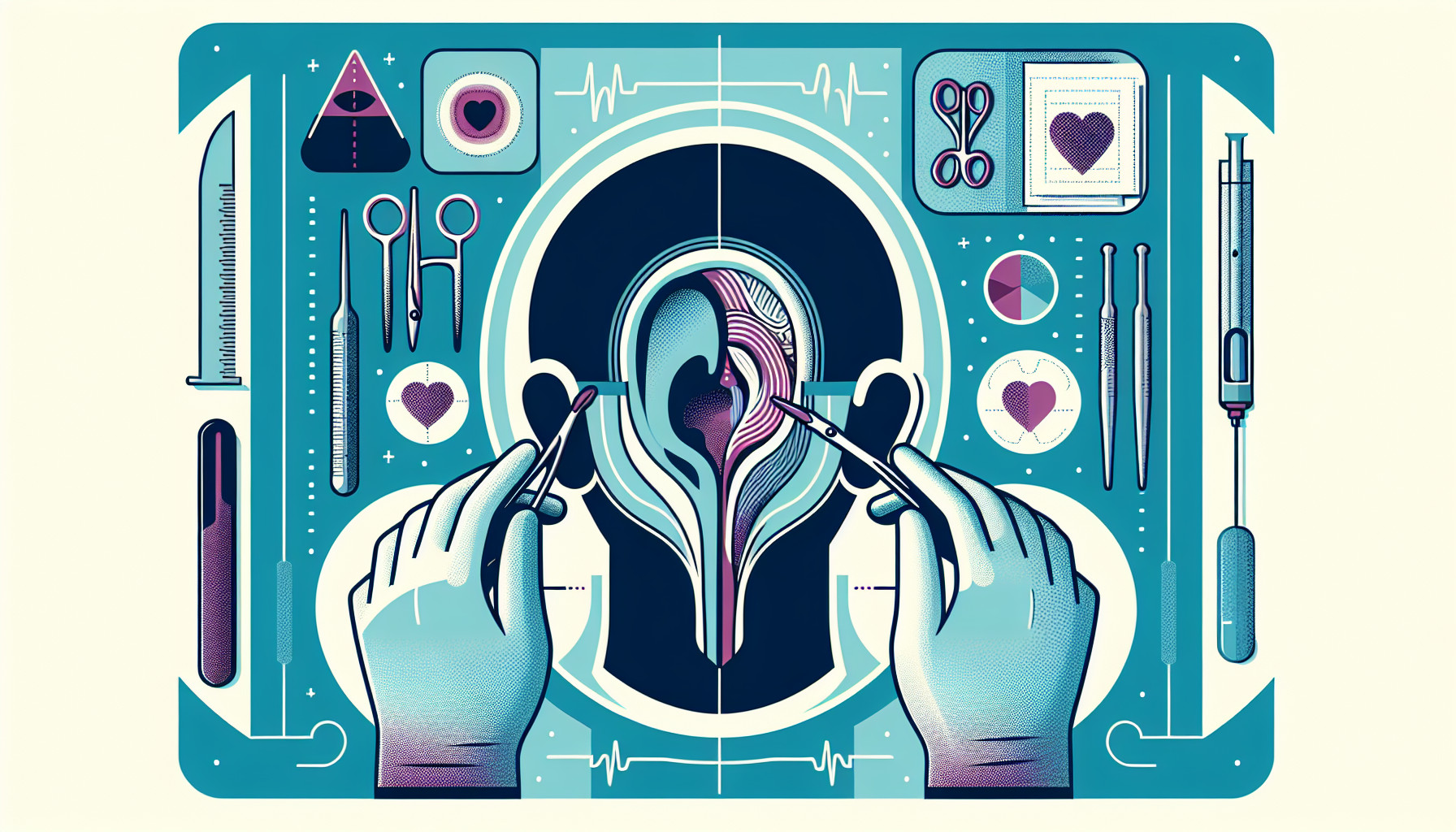Our Summary
This study looked at the rates of a common ear surgery in New Zealand, focusing on how often it was done in different ethnic groups and regions over a ten-year period. The surgery, which involves inserting a small tube into the ear to help with persistent ear infections, was less common overall in 2018 than it was in 2009. However, the rates varied a lot depending on where people lived and their ethnicity. New Zealand Europeans had the highest rates of this surgery, while Asian and Pacific Islander groups had the lowest. This was surprising because Maori and Pacific children are known to have more ear disease than NZ European children. The researchers suggest that these findings point to a need for more targeted ear screenings for preschool children, especially those from the Pacific, to catch and treat ear disease earlier.
FAQs
- What is the common ear surgery performed in New Zealand that the study focused on?
- Did the rate of this ear surgery increase or decrease from 2009 to 2018?
- According to the study, which ethnic groups in New Zealand have the highest and lowest rates of this surgery?
Doctor’s Tip
One helpful tip a doctor might give a patient about ear tube surgery is to follow post-operative care instructions carefully. This may include keeping the ear dry, avoiding swimming or getting water in the ear, and using prescribed ear drops or medications as directed. It is also important to attend follow-up appointments with the doctor to monitor the healing process and ensure the tubes are working effectively. Additionally, the doctor may advise the patient to avoid activities that could put pressure on the ears, such as flying or scuba diving, until fully healed. By following these guidelines, the patient can help ensure a successful outcome from the ear tube surgery.
Suitable For
Patients who are typically recommended ear tube surgery include:
- Children with persistent ear infections that do not improve with antibiotics
- Children with recurrent ear infections that affect hearing and speech development
- Children with fluid build-up in the middle ear that does not resolve on its own
- Children with frequent ear infections that are causing hearing loss
- Adults with chronic middle ear infections or fluid build-up that is affecting hearing
- Patients with Eustachian tube dysfunction that causes pressure changes in the middle ear
- Patients with barotrauma from frequent air travel or scuba diving
- Patients with chronic sinus infections that are affecting the ears.
Timeline
Before ear tube surgery:
- The patient may have recurring ear infections or fluid buildup in the middle ear.
- The patient may experience hearing loss or difficulty with balance.
- The patient may have tried other treatments such as antibiotics or ear drops without success.
- The patient may be referred to an ear, nose, and throat specialist for further evaluation.
After ear tube surgery:
- The patient will undergo a brief outpatient procedure to have the tubes inserted into the eardrum.
- The patient may experience some discomfort or ear drainage following the procedure.
- The patient will have follow-up appointments with their specialist to monitor the tubes and check for any complications.
- The patient should experience relief from recurring ear infections and improved hearing and balance.
- The tubes will eventually fall out on their own, typically within 6-12 months, and the eardrum will heal naturally.
What to Ask Your Doctor
- What are the risks and potential complications associated with ear tube surgery?
- How long does the surgery typically take and what is the recovery process like?
- Will my child need to be put under general anesthesia for the surgery?
- How long do the ear tubes typically stay in place before they need to be replaced?
- What are the potential benefits of ear tube surgery for my child’s specific condition?
- Are there any alternative treatments or options that we should consider before proceeding with ear tube surgery?
- How often will my child need follow-up appointments after the surgery?
- Are there any restrictions or precautions my child should take after the surgery to prevent complications?
- How will ear tube surgery affect my child’s hearing and overall ear health in the long term?
- Are there any lifestyle changes or precautions we should take to help prevent future ear infections after the surgery?
Reference
Authors: Seo JY, Morton RP, Gerard C, Salkeld L, Purdy SC. Journal: N Z Med J. 2022 Apr 14;135(1553):83-90. PMID: 35728207
